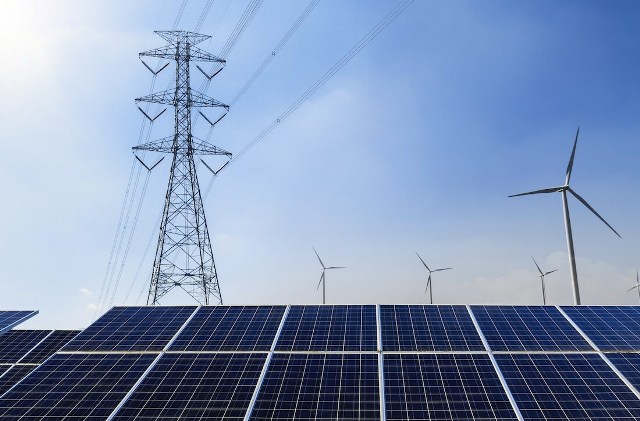The U.S. Senate’s new budget bill poses a threat to the future of renewable energy development, particularly wind and solar projects, potentially reversing years of progress in America’s clean energy transition.
Despite last-minute amendments that removed some punitive measures — such as a proposed excise tax on non-compliant projects and revisions to the eligibility criteria for existing tax credits — industry leaders warn that the bill’s broader framework will significantly hinder new project development.
Key provisions in the bill restrict the use of tax credits from the 2022 Inflation Reduction Act, effectively phasing them out for wind and solar projects that begin construction after 2026 unless they are placed in service by the end of 2027. This rigid timeline is expected to strand thousands of projects currently under development, undermining investor confidence and disrupting the pipeline of clean energy capacity needed to meet surging electricity demand, Reuters news report said.
Industry estimates suggest the bill could eliminate as much as 300 gigawatts of projected clean electricity capacity, a staggering blow at a time when demand is skyrocketing due to data center growth and widespread electrification.
The shift in policy not only jeopardizes billions of dollars in private investment but also threatens to kill up to 2.3 million jobs, including electricians, contractors, and landowners who depend on the renewable energy sector for income and stability.
Groups like the Coalition for Community Solar Access warn that local solar projects, especially those serving rural and low-income communities, will be hardest hit. Without continued access to tax incentives, these distributed energy solutions could grind to a halt, increasing energy insecurity and denying communities the opportunity to benefit from lower-cost, clean power.
Coalition for Community Solar Access in a news statement said the Senate’s new budget bill is expected to significantly hinder the expansion of renewable energy, forcing states to choose between long delays in adding new power capacity or increasing electricity costs.
“As AI and electrification drive a surge in energy demand, the legislation risks raising energy prices for families and small businesses, stalling U.S. manufacturing growth, and giving China a competitive edge in the global clean energy race,” Coalition for Community Solar Access said.
Critics argue the bill effectively shifts support away from renewables and toward traditional energy sources. It includes new tax credits for coal used in steelmaking and phases out incentives that have been vital for grid diversification and resilience. While some low-carbon technologies such as hydrogen, nuclear, and carbon capture still receive support, the sharp pullback on solar and wind tax credits could stall momentum in the sectors that have driven the majority of clean energy growth over the past decade.
Ultimately, the Senate bill — if passed by the House in its current form — risks driving up utility costs, increasing grid instability, and ceding America’s leadership in clean energy to other nations. It represents a pivot away from climate-aligned energy policy just as the U.S. needs to accelerate clean infrastructure development to maintain competitiveness and meet climate goals.
GreentechLead.com News Desk

